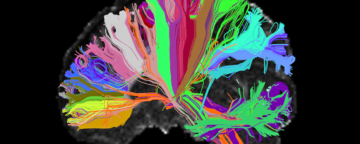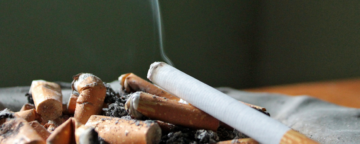Research finds that cannabis use among teens does not appear to lead to greater conduct problems or greater affiliation with other teens who smoke cannabis -- it's teens with conduct problems who are more likely to gravitate toward cannabis use.


Research finds that cannabis use among teens does not appear to lead to greater conduct problems or greater affiliation with other teens who smoke cannabis -- it's teens with conduct problems who are more likely to gravitate toward cannabis use.

Only a subset of teens who engage in excessive levels of impulsive behavior, such as acting without thinking, later struggle with addictions or other problem behaviors, a study has found.

A popular theory in recent neuroscience proposes that slow development of the prefrontal cortex explains teenagers’ seemingly impulsive and risky behavior. An extensive literature review challenges that interpretation.

Oxford University Press has published the second edition of 'Treating and Preventing Adolescent Mental Health Disorders,' an update to the acclaimed book.

A study finds that early drug use strongly predicts substance abuse only if it’s followed by continuing drug use. Early experimentation with alcohol or marijuana isn't necessarily a risk factor for addiction.

In an issue brief, part of a new series, Annenberg Public Policy Center research director Dan Romer reviews the evidence on the effectiveness of pictorial warning labels on cigarette packs.